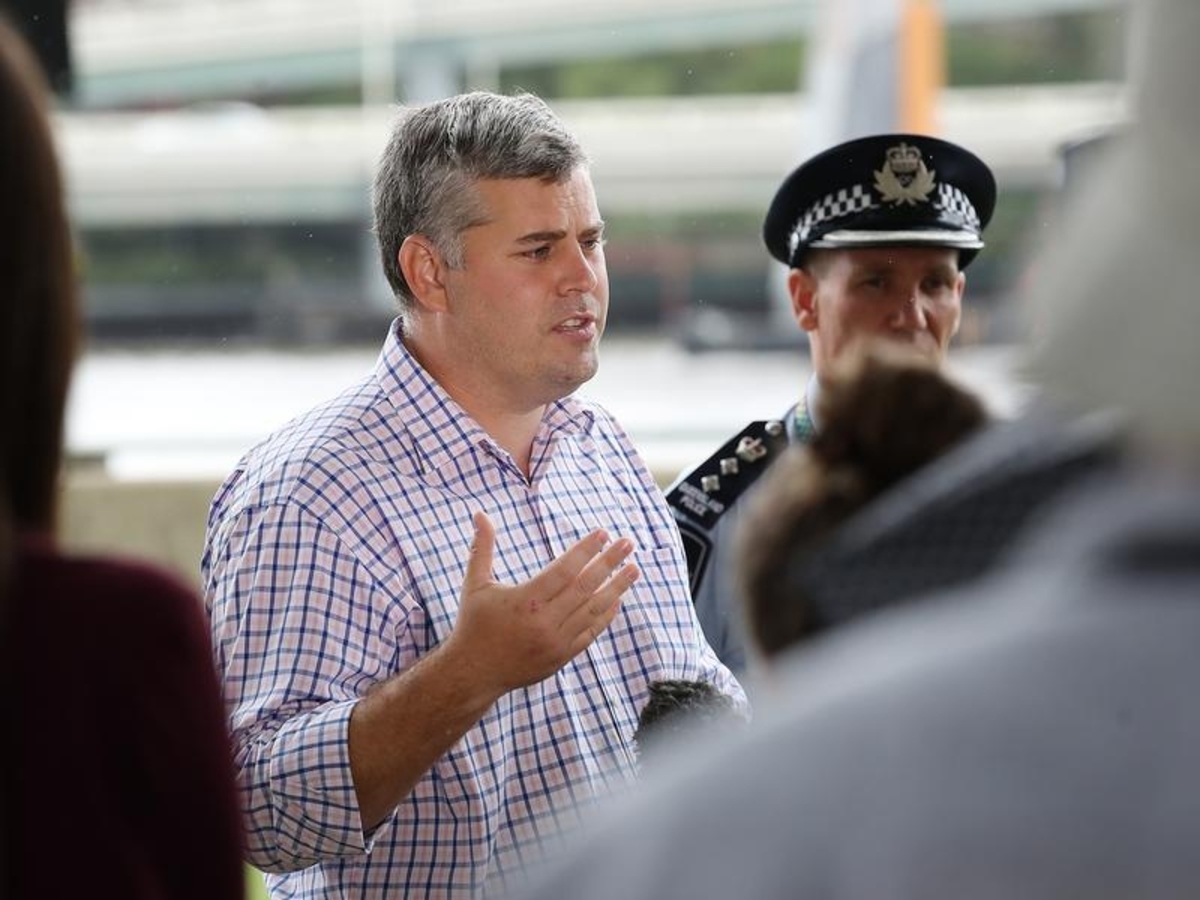
Queensland journalists won't face prosecution for protecting confidential sources, unless they're being questioned by the corruption watchdog, under new laws.
The state is the last Australian jurisdiction to pass media shield laws protecting reporters from prosecution when they refuse to name sources in court proceedings.
However they don't protect journalists who refuse to reveal sources to the Crime and Corruption Commission, and the Supreme Court can order them to name sources if it's in the public interest.
Liberal National Party shadow attorney-general Tim Nicholls moved amendments to protect reporters from CCC prosecution, which were supported by the Greens, but they were voted down by government MPs.
Police Minister Mark Ryan says the LNP amendments would be in conflict with complex anti-corruption laws but insists changes to give legal protections to journalists from the CCC are planned.
"The amendments in this bill have always been the first step," he told parliament on Thursday.
"Application to the Crime and Corruption Commission work is underway but as the amendments proposed to be moved by non-government members clearly demonstrate, it is also important the amendments not be rushed because we need to make sure we get it right."
Greens MP Michael Berkman raised concerns, saying last year Attorney-General Shannon Fentiman promised to determine the best way to shield journalists from the CCC by the end of June this year.
He said allowing journalists to report corrupt behaviour and protect sources of tip-offs was more important than other matters.
"Tip-offs from public servants about corrupt conduct, whether committed by public officials or big corporations, should be protected by laws such as this," Mr Berkman told parliament.
"The CCC has an important function in fighting corruption but sometimes sunlight is the best disinfectant.
"Giving the CCC close to a blanket power to reveal journalists' confidential sources will prevent sunlight from getting into some very dark corners."
The Evidence and Other Legislation Amendment Bill also limits the time for the testing of human remains when the prosecution and defence fail to agree on the dead person's identity.
It comes after the advocacy of Bruce and Denis Morcombe, who had to wait 14 months until criminal proceedings against their 13-year-old son Daniel's murderer Brett Peter Cowan were finalised before his remains were released to them.
LNP MP Brent Mickelberg said the changes will protect other families from such painful experiences.
"No parent should ever have to experience that," he told parliament on Thursday afternoon.
The bill will also allow a 12-month trial of recoded video evidence statements for domestic violence hearings in the Ipswich and Southport magistrates courts.







